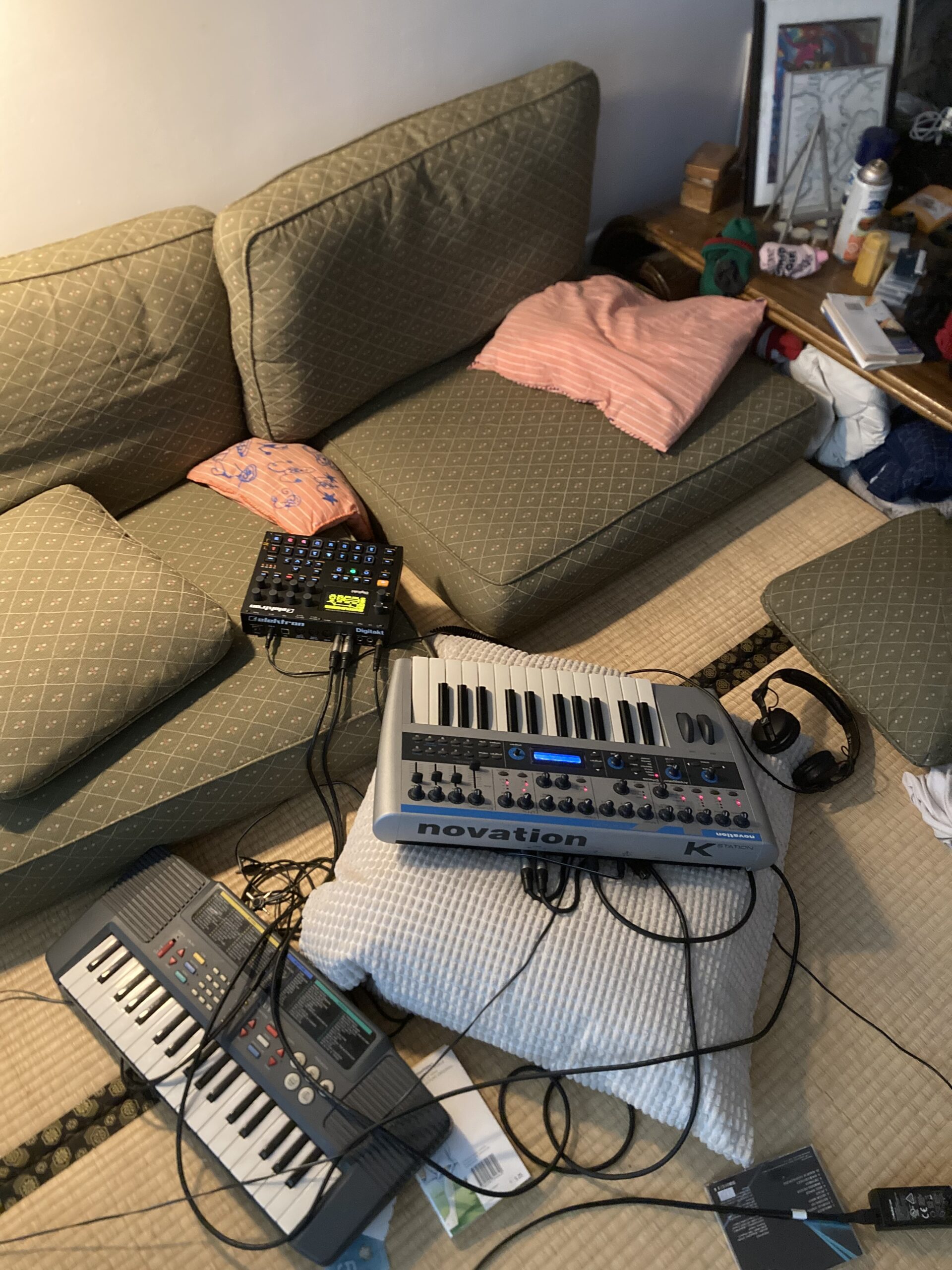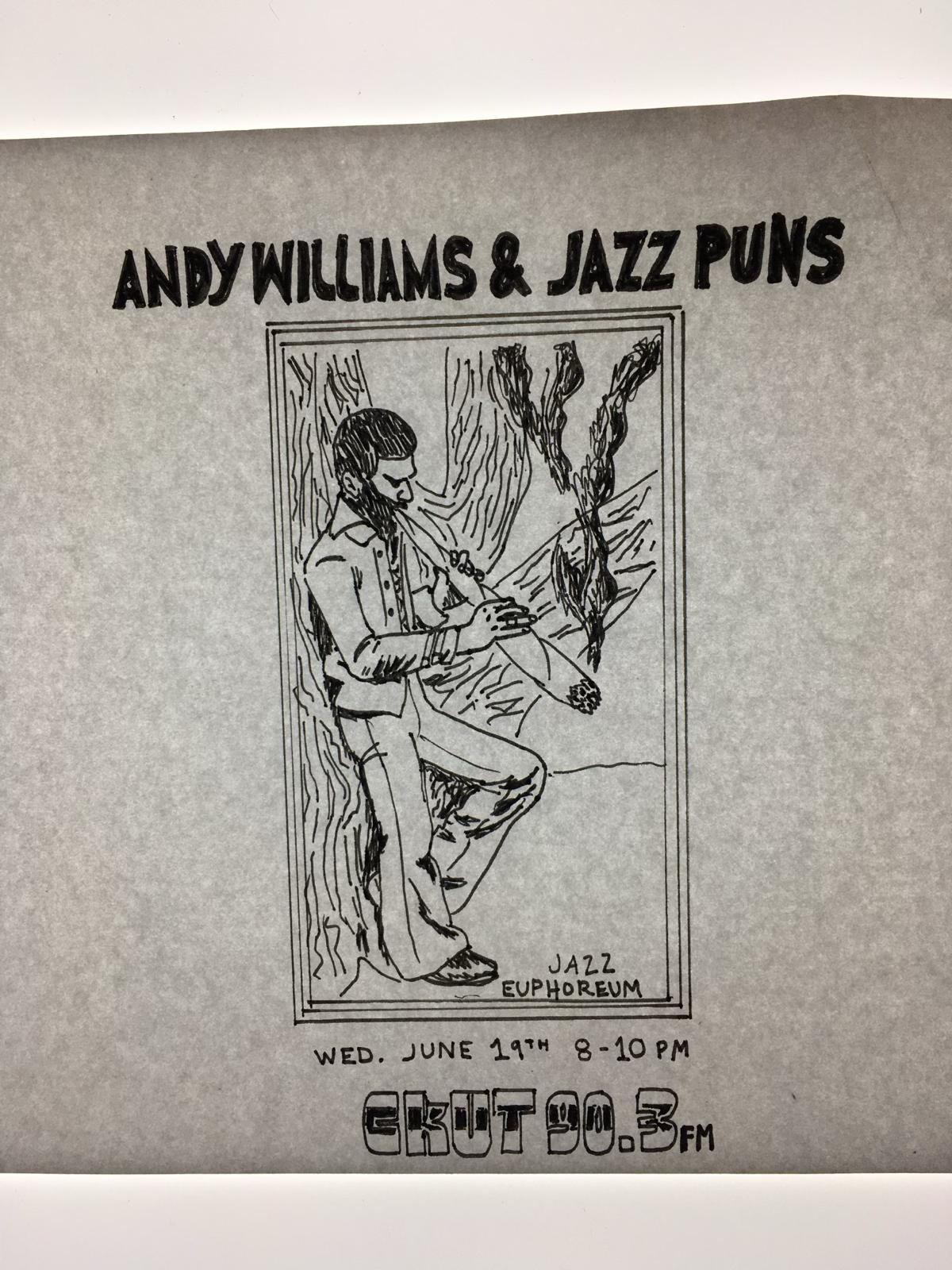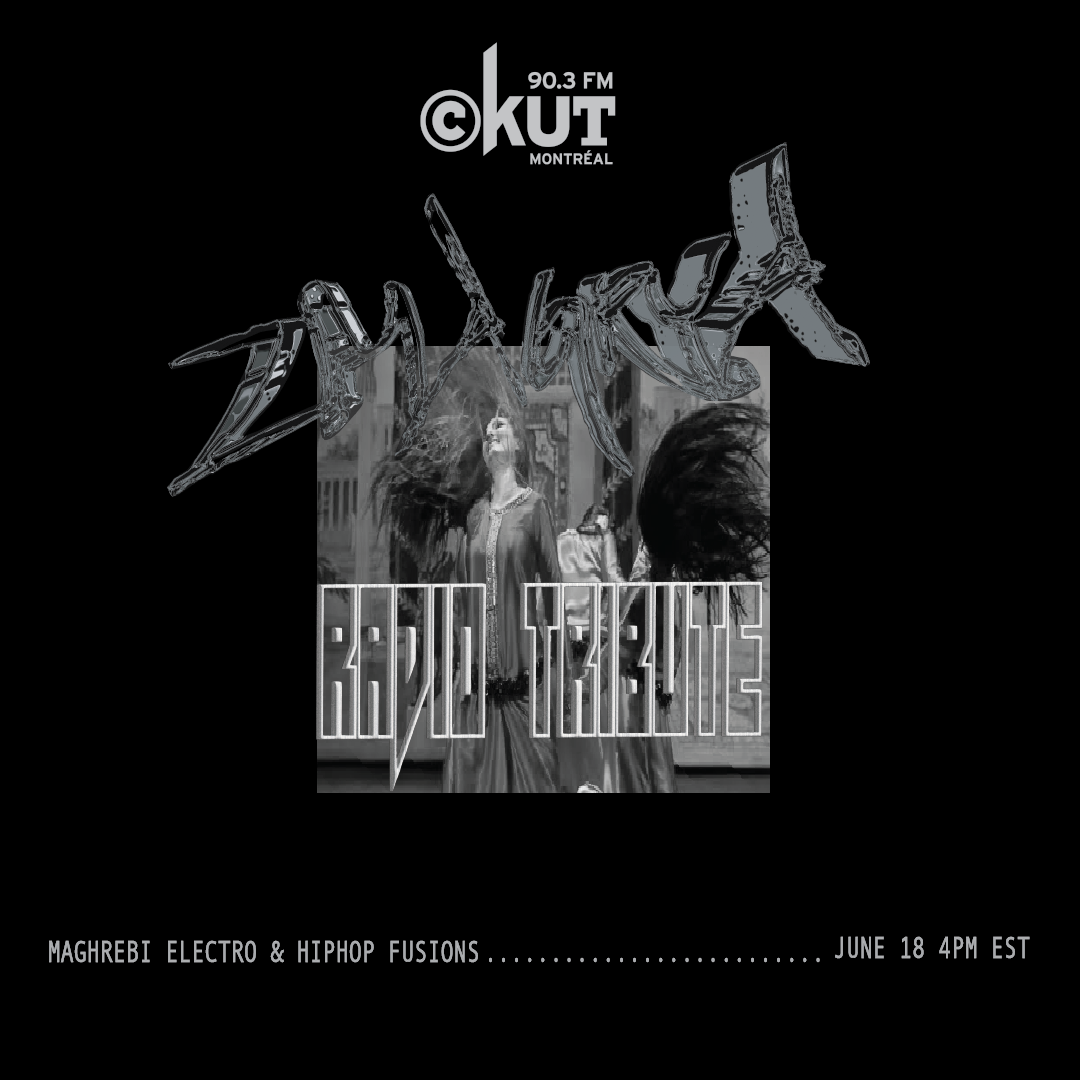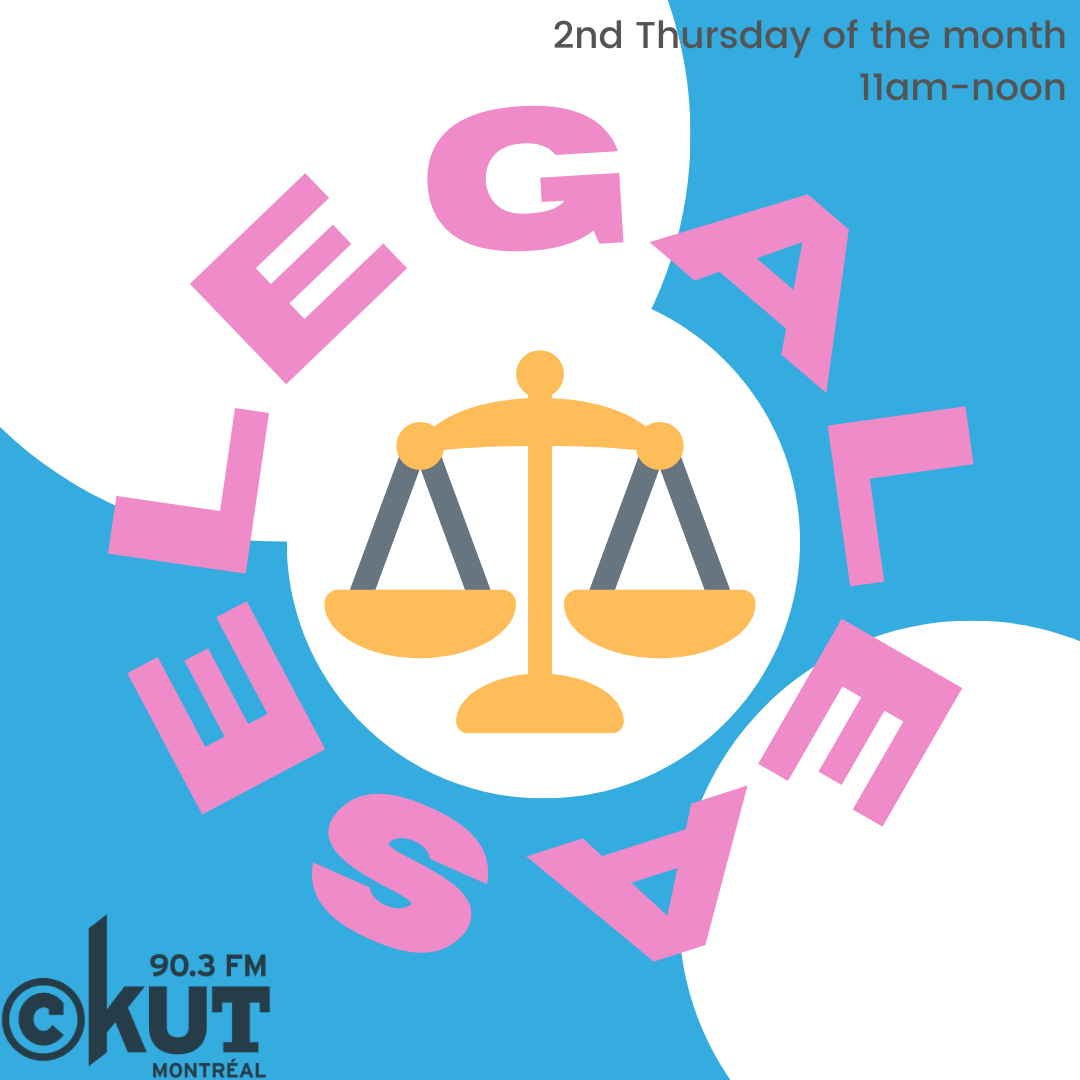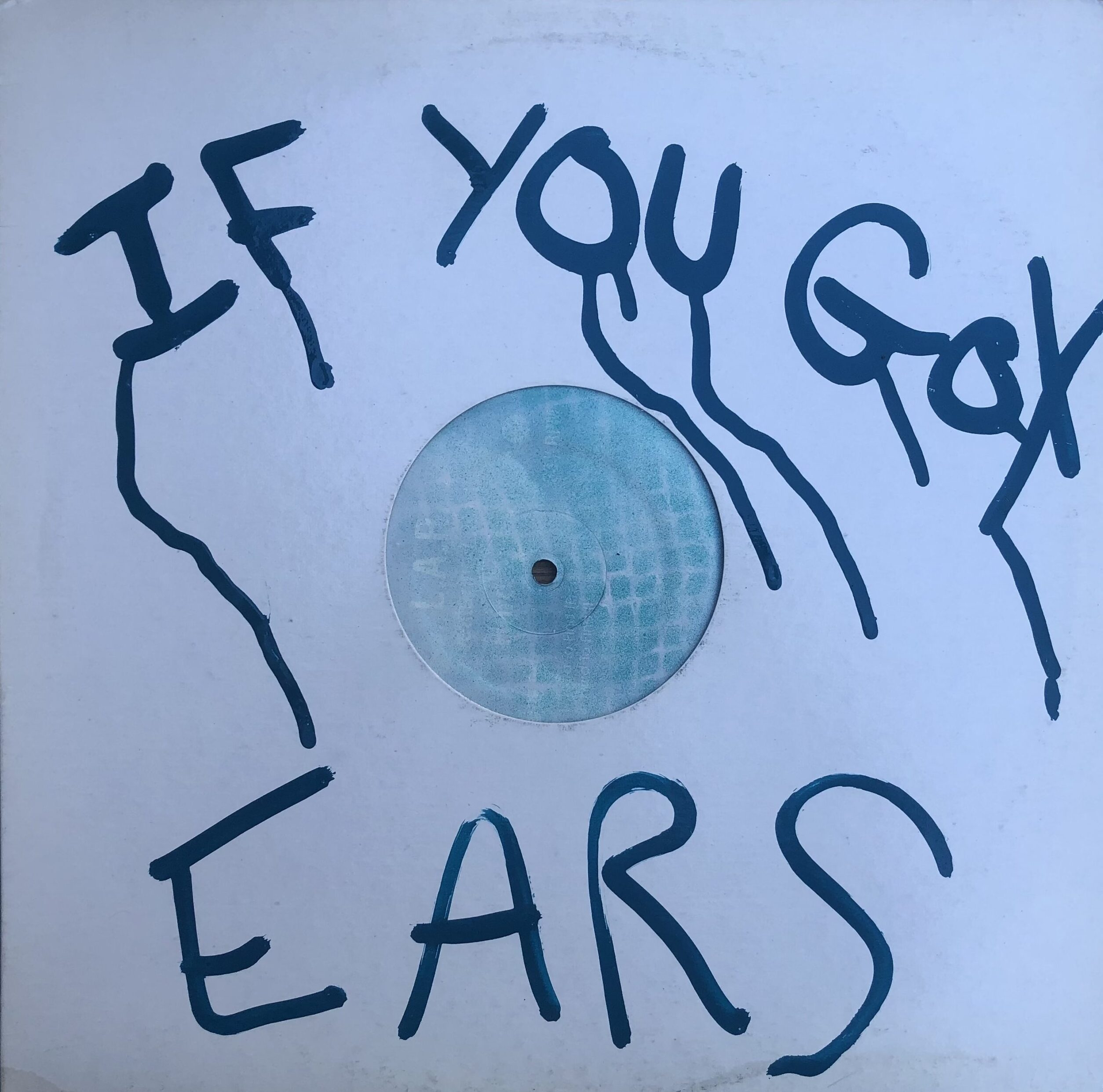Album Review: Moses Sumney – Aromanticism
By Ash Rao
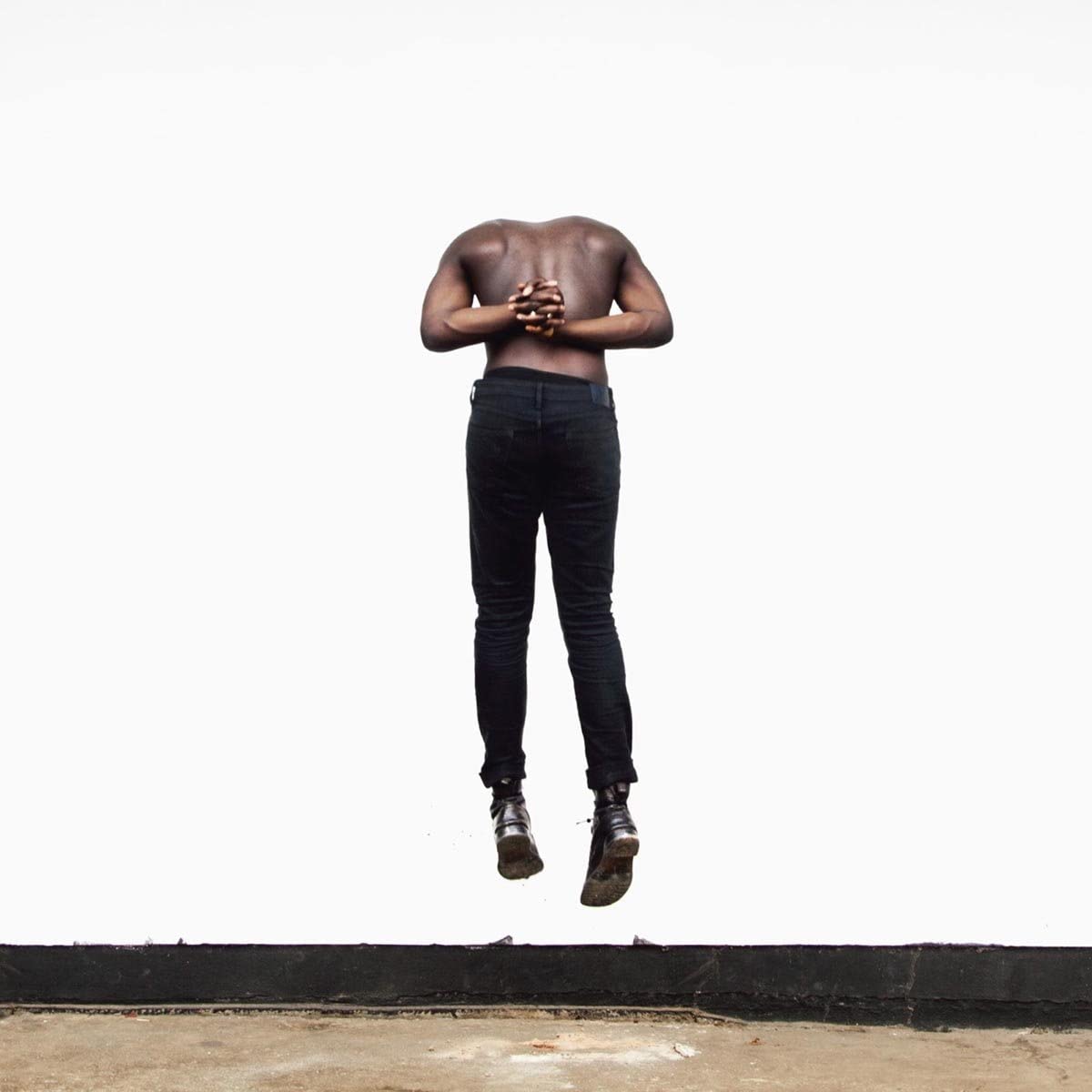
Aromanticism is an album steeped in wonder, exploration, and beauty. After touring as Karen Oh’s guitar player, Ghana raised and Los Angeles based Moses Sumney introduces his own voice and vision. His affinity for poetry is clear: the singer’s first album showcases complex lyrics tackling difficult themes. It is a deeply personal and engaging exploration of not reciprocating love, navigating the world while questioning the value of romantic love, and the value of oneself.
In a world consumed by romance, the expectation that we strive to find a partner weighs on every member of society. Sumney explores the complexities of solitude in a unique way as he initiates a dialogue for people to question their own desires, and reject expectations forced on them. As Sumney put in an interview with Stereogum: “I just want people to know it’s OK to be alone. I’m not saying it’s easy or it’s too difficult, because it can be both. I’m saying it’s an option. It’s not a choice that has to last forever either. I just want people to explore being alone if they feel it suits them. There is more to life than who you’re with.”
“Man on the Moon (Reprise)” starts the album off with a choral arrangement that melts into the next track, “Don’t Bother Calling.” The song, as Sumney puts it, is “a preemptive fuck you.” It does not have the same dramatic quality as, say, “Plastic,” or “Lonely World,” which truly grab the listener and force them to introspect, but it does introduce many of the artistic elements present in the album; namely, the focus on Sumney’s voice which seamlessly transitions from low soulful vocals to reaching falsettos, and his experimentation with a wide range of instruments.
“Quarrel,” my favourite track on the album, is a complex, long song with many distinct parts. It is the apotheosis of a turmoil that has been building up from the start of the album, and sees the introduction of darker elements. A deep bass maintains the spine of the track, leaving room for vocals to have a playful relationship with the harp, and drawing attention to the intricate lyrics:
“Quoting this a quarrel
So immorally implies
We’re equal opponents
And we both antagonize”
The tension breaks suddenly to shift to a jazz-influenced bridge, replacing the harp with a synthesizer and keeping the same vocalizations so prominent in the track. The song ends with piano that fades and introduces the first spoken word track of the album, “Stoicism.”
“Lonely World” embodies the purpose of this record– an unapologetic exploration of what it means to be alone in a modern world.
“Lonely, lonely, lonely face under a veil
After all the laughter, emptiness prevails
Born into this world with no consent or choice
Lonely, lonely, lonely, lonely, lonely, lonely”
Sumney’s falsetto adds to the energy built up in this track, which breaks away abruptly to end off with a whisper.
The album slows down once again for its ninth track, “Doomed,” the lyrics of which beg to be reflected upon: “If lovelessness is godlessness, will you cast me to the wayside?” Sumney asks. “Doomed” is mirrored by “Indulge Me,” the most exposed track on the album and Sumney’s personal favourite. It’s a stripped down number with just a bit of synth, acoustic guitar, and vocals that range from small whispers to falsettos. The vocals are overlain so that it seems like Sumney is duetting with himself. “Indulge me,” Sumney asks of the listener.
Aromanticism is one of my favourite albums of the year, and for good reason. It analyzes uncharted themes and does so in a way that each track is raw, honest, and extremely different from the others. Moses Sumney provokes listeners to grapple with and understand the conflicting dynamics of solitude: both a relief and a challenge.

